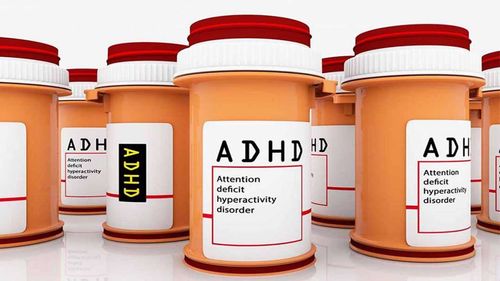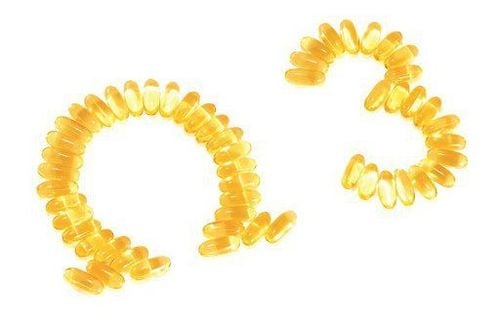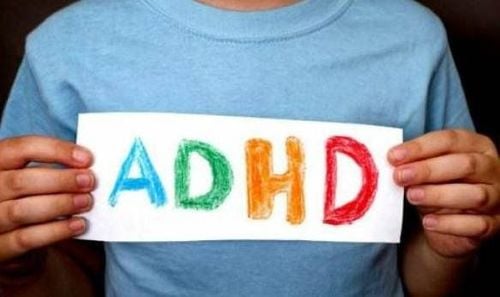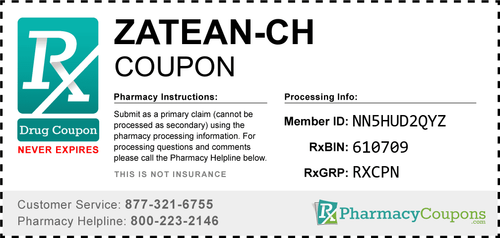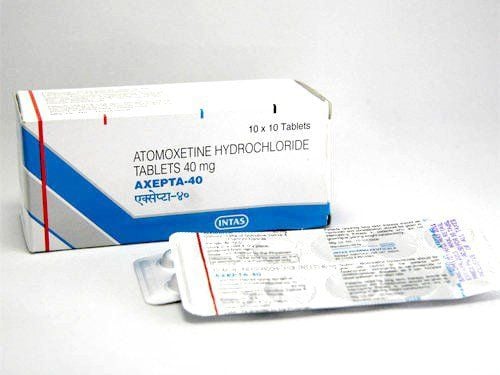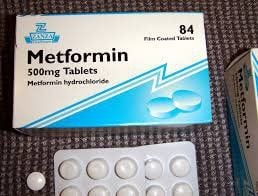This is an automatically translated article.
Most people are diagnosed with ADHD in their teens. Symptoms of ADHD in adolescents are similar to those in children. Especially when there are hormonal changes in adolescence going on and the demands of school and extracurricular activities increase, ADHD symptoms can worsen.
1. How does ADHD affect a teen's life?
Due to distraction and poor concentration problems, many teens with attention-deficit hyperactivity disorder (ADHD) have more problems at school. . Academic scores for these same subjects may decrease, especially if the teen is not receiving treatment for ADHD.
It's not uncommon for teens with ADHD to forget assignments, lose textbooks, and become bored with their daily classroom work. Teens can become inattentive or overly attentive, not waiting for their turn before uttering an answer. They may interrupt teachers and classmates, and they may rush through assignments. Teens with ADHD may also be restless and find it difficult to sit still in class.
Often, teenagers with ADHD are so busy focusing on other things that they forget the essential task they need to get done. This can be seen especially with homework and athletic skills and in relationships with peers. A lack of interest in what they are doing often leads to poor grades on tests and failure to participate in sports, after-school activities, and other groups.
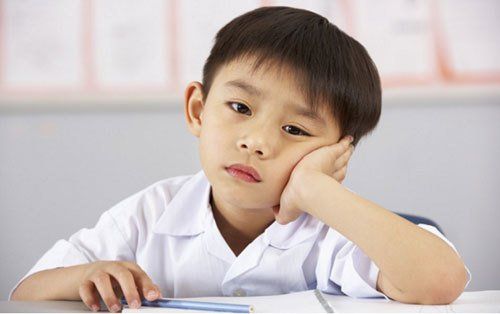
Thanh thiếu niên bị ADHD thường hay quên và không chú ý khi ngồi trên lớp
2. Is Attention Deficit Hyperactivity Dangerous?
The answer is yes. Driving poses a particular risk for adolescents with ADHD. Teens with ADHD are two to four times more likely to be in a car accident than teens without ADHD.
Adolescents with ADHD may be impulsive, adventurous, immature in judgment. All of these characteristics make these subjects susceptible to accidents and serious injury is likely to occur.
However, studies show that teen drivers with ADHD who take medication are less likely to have an accident.
Teens with ADHD are more likely to be heavy drinkers than teens without ADHD. They are also more likely to have problems from drinking.
In studies, teens with ADHD are twice as likely to have abused alcohol within the past 6 months as other teens and three times more likely to abuse other substances. times that of marijuana.
Proper treatment for adolescents with ADHD can help reduce the risk of alcohol and drug abuse later in life.
3. What is the treatment for adolescents with ADHD?
There are many opinions when it comes to treating ADHD in adolescents. Some experts suggest that behavioral therapy alone can be effective for adolescents. But according to the National Institute of Mental Health, about 80 percent of people with ADHD who needed medication for ADHD as children will still need it later in their teen years.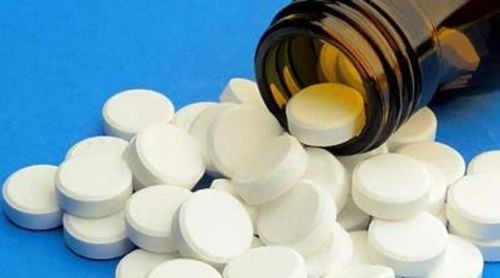
Thanh thiếu niên sau khi điều trị ADHD vẫn phải dùng thuốc để duy trì
Usually, a doctor will recommend a combination of medication and behavioral therapy as the best regimen for treating teens with ADHD. The American Academy of Pediatrics, the American Medical Association, and the American Academy of Child and Adolescent Psychiatry all recommend behavioral therapy to be effective in improving behavior problems in children. patients with ADHD.
Stimulant medications are commonly prescribed to treat adolescents with ADHD. These drugs can make teenagers more alert and help them do better at school. Examples of stimulant drugs include dexmethylphenidate (Focalin, Focalin XR), dextroamphetamine (Adderall, Adderall XR), lexexamfetamine (Vyvanse).
Non-stimulant medications such as atomoxetine (Stratera), clonidine (Kapvay), andarchfacine (Intuniv) are also used to treat teens with ADHD.
Nonstimulants for ADHD have different side effects than stimulants. For example, they don't usually lead to anxiety, irritability, and insomnia, but stimulant medications can.
This class of drugs is also non-habit forming and less likely to be abused than stimulant drugs, which may make this class of drugs a more suitable choice for adolescents with ADHD with co-occurring problems. alcohol or drug abuse.
Overmedicating doesn't help and can lead to suicidal thoughts, mood swings, and drug abuse.
Alternative treatments include diet, use of supplements, parenting training, memory training and neurofeedback. These treatments are sometimes used along with prescribed medications.
Omega-3 fatty acids have also been shown to be beneficial. Recently, a small device that stabilizes the part of the brain thought to be linked to ADHD was approved by the FDA for use. The device is called the Monach external Trigeminal Nerve Stimulation System (the Monach external Trigeminal Nerve Stimulation and eTNS for short), and can be prescribed for patients ages 7 to 12. age not taking medication for ADHD.

Thay đổi chế độ ăn uống và sinh hoạt giúp rèn luyện trí nhớ và phản hồi thần kinh hiệu quả
4. How can parents help a teen with ADHD?
ADHD affects all aspects of a teen's life. As a parent, your first goal should be to talk openly with your child. Be supportive and accepting at all times. You can also ask your pediatrician for help in discussing ADHD and its treatment.
By taking the following steps, you can help your child manage ADHD:
Provide clarity, consistency, direction, and limits. Set a daily schedule and minimize any changes. Support activities in which your child may have a good chance of success (for example, sports, hobbies, or music lessons). Build your child's self-esteem by affirming positive behavior. Reward your child for positive behavior. Tell your child about the consequences of negative behavior. Help your child organize schedules and organize chores. Establish consistent family routines, such as waking times, meal times, and bedtimes. Set up reminders at home to help your child stay on track and remember what needs to be done next. Work with your child's teachers to make sure your child is doing well in school. Stay calm when punishing your child. Make sure your child gets plenty of sleep. Set rules for the use of electronic devices such as TVs, computers, phones, video games, and others. Parents should turn off these devices before going to bed. Vinmec International General Hospital is one of the hospitals that not only ensures professional quality with a team of leading doctors, modern equipment and technology, but also stands out for its examination and consulting services. and comprehensive, professional medical treatment; civilized, polite, safe and sterile medical examination and treatment space.
Customers can directly go to Vinmec Health system nationwide to visit or contact the hotline here for support.
Reference article source: webmd.com




